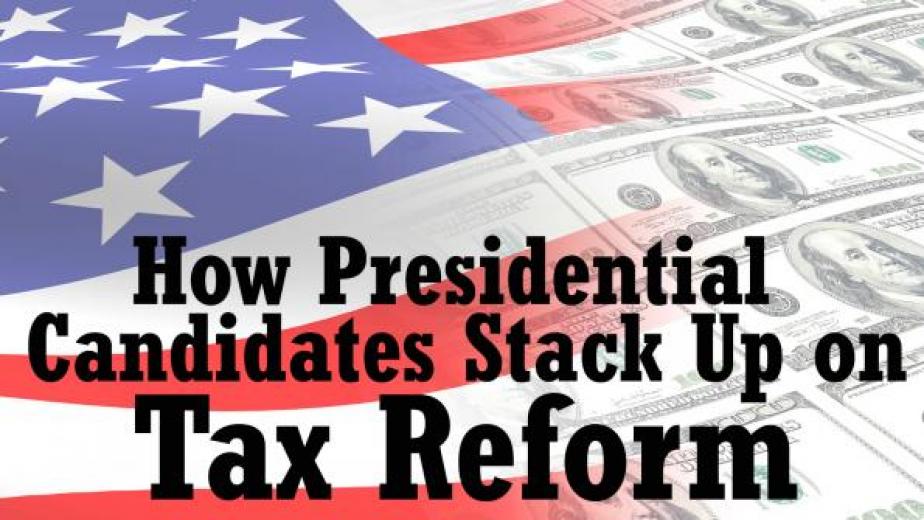1 11
1 11
With almost all of the leading candidates having released their official tax proposals, voters are faced with a glut of information. Though the proposals largely break along party lines, there's still some key differences of which to take note.
Here's a quick, easy-to-read visual guide to where the individual candidates stand on the estate, gift and capital gains tax rates, in addition to some other key details relevant to advisors, to help you cut through the clutter.
This article originally appeared on WealthManagement.com.
Governor Bush's proposed plan would repeal both the estate and gift taxes and set the top capital gains rate at 20 percent.
Additionally, he would eliminate the net investment income surtax and tax carried interest at ordinary income rates.
Dr. Carson's proposal would repeal both the estate and gift taxes and eliminate the taxes on capital gains and investment income.
Governor Christie hasn't taken an official public stance on the estate, gift or capital gains taxes. (However, he's vowed to eliminate New jersey's state estate tax in the past, so that could be informative of his feelings towards its federal counterpart).
Hillary's plan would increases the top estate tax rate to 45 percent and lower the estate tax exclusion to $3.5 million. It would also raise rates on medium-term capital gains (investments held for less than six years) to between 24 percent and 39.6 percent.
Her plan also proposes a 4 percent surtax on all income over $5 million, a tax on high frequency financial transactions and would tax carried interest at ordinary income rates.
Senator Cruz would repeal both the estate and gift taxes. He would also lower the rates on capital gains and dividends income to 10 percent to bring them in line with his general flat 10 percent tax plan.
Governor Kasich's plan would repeal the estate tax. He hasn't mentioned the gift tax specifically, but it and the estate tax generally go hand in hand. He would also lower the rate on long-term capital gains to 15 percent.
Governor O'Malley hasn't been terribly forthcoming regarding his stances on the estate and gift tax rates respectively (probably safe to rule out repeal, though).
He has expressed a desire to tax capital gains and dividends at ordinary income tax rates (currently 39.6 percent for the top bracket), but hasn't expounded on what the income tax brackets would look like under his proposal.
He has also spoken about establishing a financial transactions tax at an unspecified rate and would tax carried interest at ordinary income rates.
Senator Rubio's plan would repeal the estate tax. It doesn't mention the gift tax specifically, but the gift and estate taxes generally go hand in hand. His plan would also eliminate the taxes on capital gains and dividends income.
Senator Sanders' plan would increase the top estate tax rate to 65 percent and lower the estate tax exclusion to $3.5 million. He would tax capital gains and dividends at ordinary income rates for households with incomes over $250,000 (a 54.2 percent top rate).
His plan would also establish a financial transactions tax, at a rate between 0.005 percent and 0.5 percent, with an offsetting credit for low-income Americans and tax carried interest at ordinary income rates.
Mr. Trump's plan would repeal both the estate and gift taxes. He would set the top capital gains rate at 20 percent.
His plan would also eliminate the net investment income surtax and tax carried interest at ordinary income rates.

